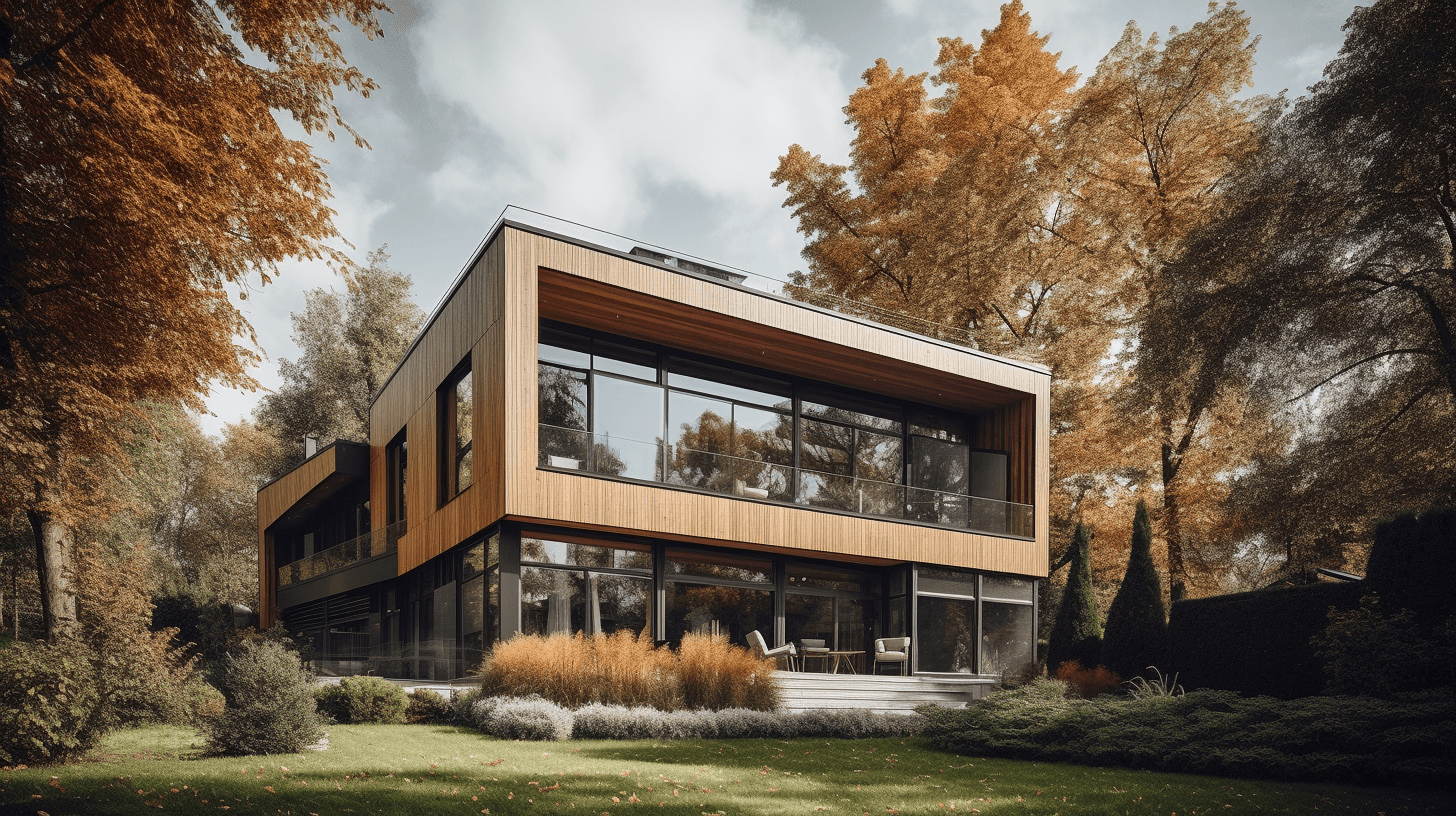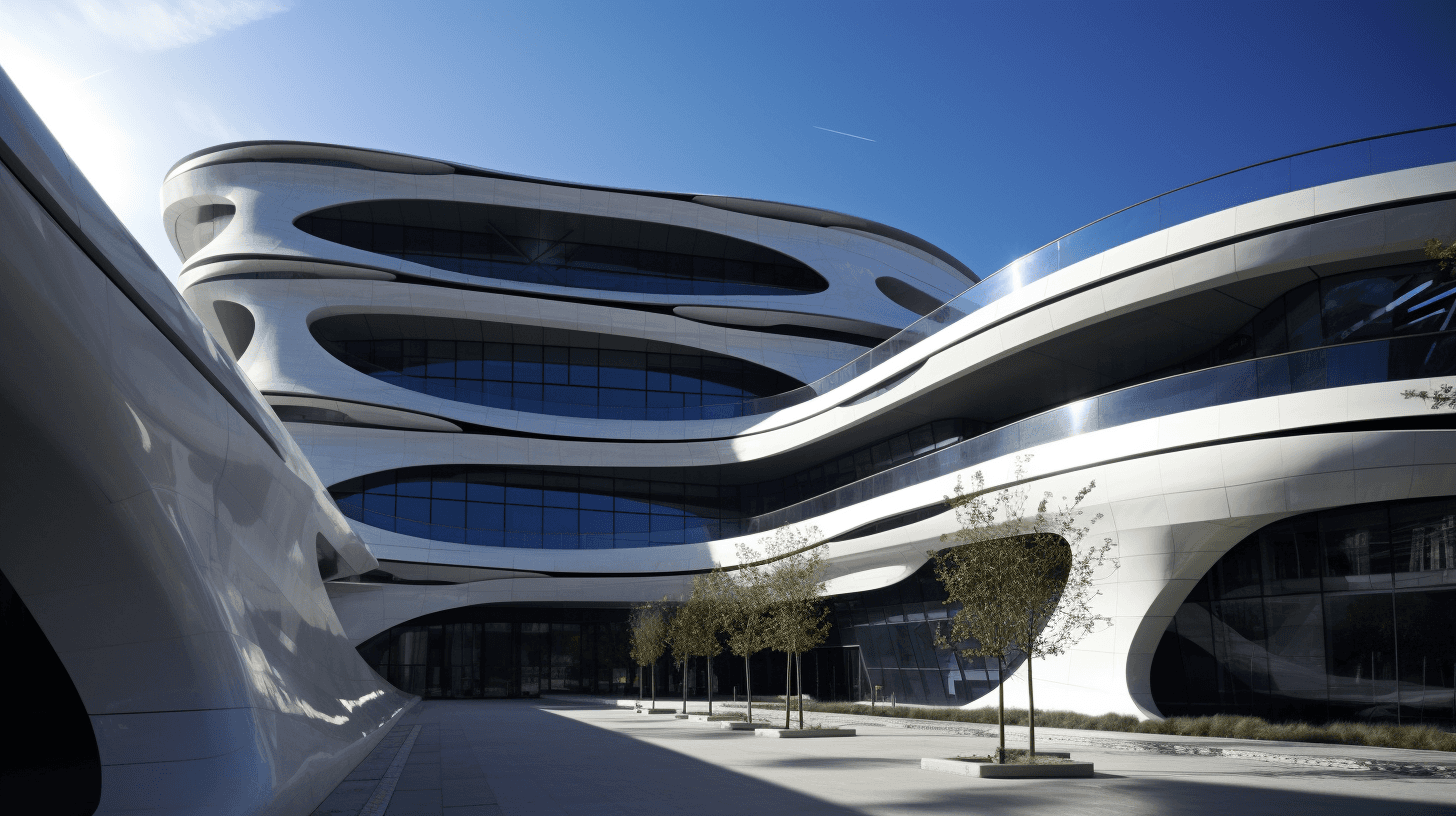Sustainability in Architecture: How AI Generators Can Help
Beautiful and energy-efficient don't have to be tradeoffs. Discover how AI is helping architects design buildings that achieve both.

Patrick Murphy
CEO & Co-Founder
With a growing emphasis on sustainability in the field of architecture, numerous architects and designers are utilizing technology to construct eco-friendly and sustainable buildings. AI generators are gaining popularity as a promising technology that helps architects create buildings that are both visually appealing and energy-efficient. The article will delve into how AI generators can assist architects and designers in constructing more sustainable buildings while also examining the advantages of using AI in architecture.
What is AI in architecture?
The capacity of computers and machines to undertake activities that would typically necessitate human intelligence, like learning, reasoning, and problem-solving, is known as AI or artificial intelligence. In architecture, AI can be applied to produce design alternatives, enhance building efficiency, and even forecast a building's long-term performance.
How can AI Generators Help With Sustainability in Architecture?
AI generators offer various possibilities to enhance sustainability in architecture. Architects and designers could benefit from these technologies to create eco-friendly buildings. Here are a few examples of how AI generators can support sustainable design:
Energy Efficiency
Optimizing building energy efficiency is a crucial aspect of sustainability in architecture that can be facilitated by AI generators. These generators have the capability to examine building data, including wind patterns, solar radiation, and building orientation, and come up with design options that are optimized for energy efficiency. A suggested design might include maximizing natural light while minimizing energy consumption and reducing heat gain.
Material Selection
Sustainable building materials can be chosen more easily with the assistance of AI generators, which can examine various aspects of their environmental impact such as embodied energy and carbon footprint, and recommend alternatives that are more eco-friendly. Furthermore, the life cycle of materials can be evaluated by architects and designers using AI generators to consider factors like durability, recyclability, and biodegradability.
Site Selection
The placement of a building can affect its energy consumption, transportation, and natural resource access. Therefore, choosing the right site is crucial in sustainable architecture. AI generators offer assistance for architects and designers in assessing potential building locations by considering factors like water availability, solar radiation, wind patterns, and transport infrastructure. By analyzing this information, AI generators can suggest viable building sites that are environmentally-friendly and energy-efficient.
Predictive Analysis
AI generators can contribute to sustainability in architecture by providing anticipatory evaluations of building performance. This involves simulating how a building will function over time, which can aid architects and designers in optimizing building performance and decreasing environmental impact. A likely scenario is where AI generators forecast how a building will perform under varying climate conditions, enabling architects and designers to improve the design of the building envelope, HVAC systems, as well as other building systems for optimal energy efficiency.
Advantages of Employing AI Generators in Architecture
Improved Sustainability
The use of AI generators can aid architects and designers in developing more eco-friendly buildings through the optimization of energy efficiency, material selection, site selection, and prediction of building performance, as previously mentioned.
Accelerated Design Procedure
By rapidly and effectively generating multiple design choices, AI generators have the ability to expedite the design process. This may enable architects and designers to consider a greater variety of options and arrive at more well-informed conclusions.
Increased Creativity
AI generators have the potential to enhance architects' and designers' creativity by producing numerous design alternatives. This, in turn, can inspire more original and distinctive building designs.
Reduced Human Error
Reducing the possibility of human error in the design process is one of the benefits of AI generators. These generators can automate tasks like producing design alternatives and examining building data, which helps architects and designers avoid errors and enhance their designs' precision.
Conclusion
AI generators have the potential to provide numerous advantages for architects and designers who aim to produce buildings that are energy-efficient and sustainable. By perfecting building efficiency, material selection, site selection, and predictive analysis of building performance, AI generators can help architects and designers create structures that are both visually appealing and eco-friendly. Although there may be some obstacles linked with incorporating AI generators in architecture, their benefits are significant enough to indicate that AI technology will become more crucial in the future of sustainable architecture.



